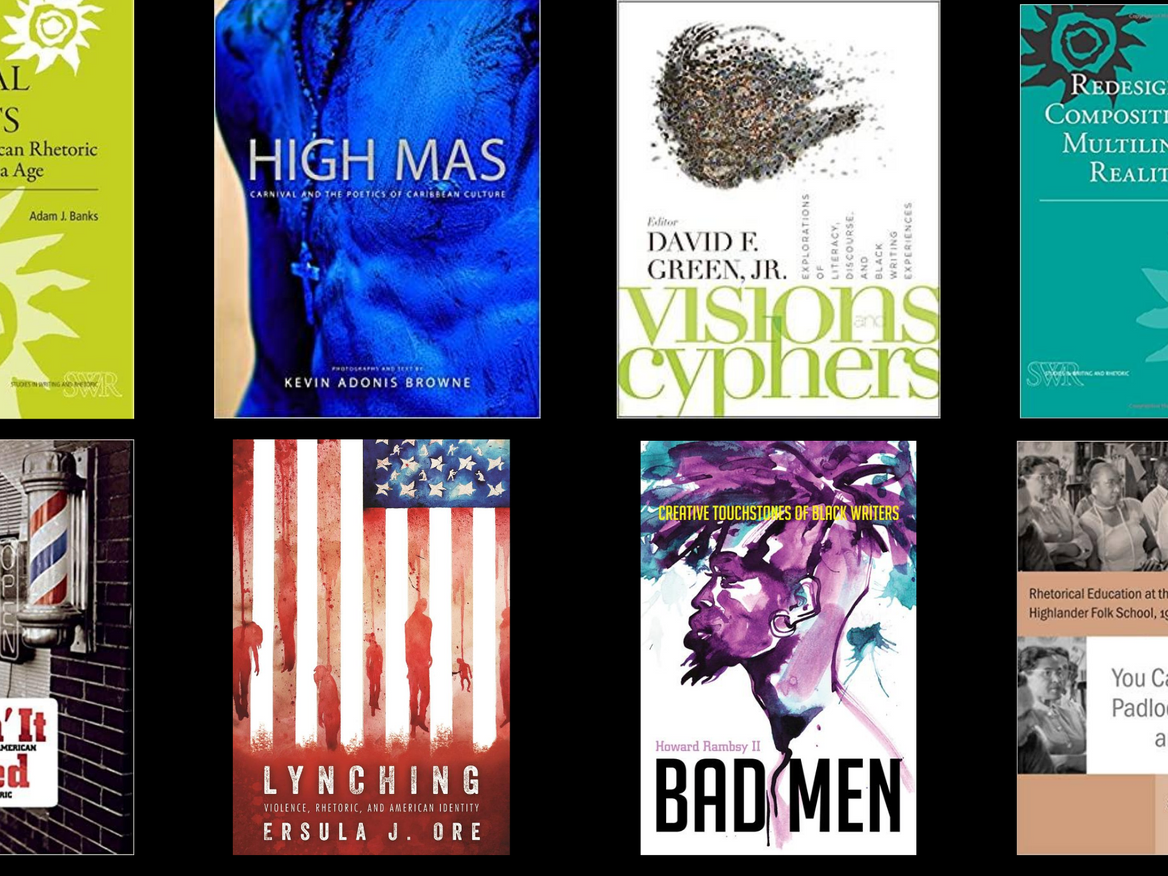It is fairly easy to see that white nationalism is largely an expression of fascist impulses. It would be hard not to when white-nationalist trolls circulate in cyberspace calling themselves fashy. Some debate how closely we should tie Donald Trump’s rhetoric to the inane rantings and ravings of these white-nationalist legions. I say we should see them as closely aligned given the evidence of both his presidential campaigns, punctuated so far by his recent speech accepting the nomination in quest of a second term. It would be wise to discount his shallow assertions about representing the party of Abraham Lincoln. He represents the party of Donald Trump. If you remember the Republican primary in 2016, trepidation existed in those ranks about whether Trump would indeed run as a Republican if he won. He hedged his answer for a long time. In the end, Trump didn’t really join the party. The party sold what was left of its soul and joined him. It has tolerated and sometimes actively promoted his white-nationalist rhetorical moves.
In Battle
We see Donald Trump repeating arguments that rhetoric scholar Kenneth Burke analyzed more than eighty years ago regarding the political ascent of Adolph Hitler. In “The Rhetoric of Hitler’s Battle,” Burke analyzed such tropes as common enemy, inborn dignity, scapegoating, and symbolic rebirth. In Trump’s pronouncements, the common enemy, dark and migrating hordes, threatens American civilization and has, in fact, already led to significant decay. These hordes are contrasted to those who possess inborn dignity, those who are examples of the preferred archetype. These hordes are scapegoated and made the cause of all social ills. This is an argument advanced by use of selected worst-case scenarios. These hordes are described as a major obstacle to a symbolic rebirth. One can easily map these tropes onto continual cries for a wall, ruminations about the good people among tiki-torchers, the display of racist stereotypes, and the expressed imperative to make the country great again—and again. These are fascist impulses. These are the pronouncements that mark white-supremacist discourse in the United States.
Trump, of course, will tone down his speeches on occasion, mix in his fake concern for Black folks—and maybe fool some with it—with his hard blowing of the dog whistle: “law and order,” “our American ancestors,” “our statues and monuments,” “what’s the name of that building?” White supremacism is there to be decoded, if you would.
It all reminds me of a scene from Spike Lee’s film BlacKKKlansman in which a white police officer explains to a rather gullible African-American colleague that white supremacists sometimes tone down their vulgar racism because they have designs on elected office, including the highest in the land. The younger officer responds, “America would never elect somebody like David Duke president of the United States of America.” His co-worker replies, “Coming from a black man that’s pretty naïve. Why don’t you wake up?”





